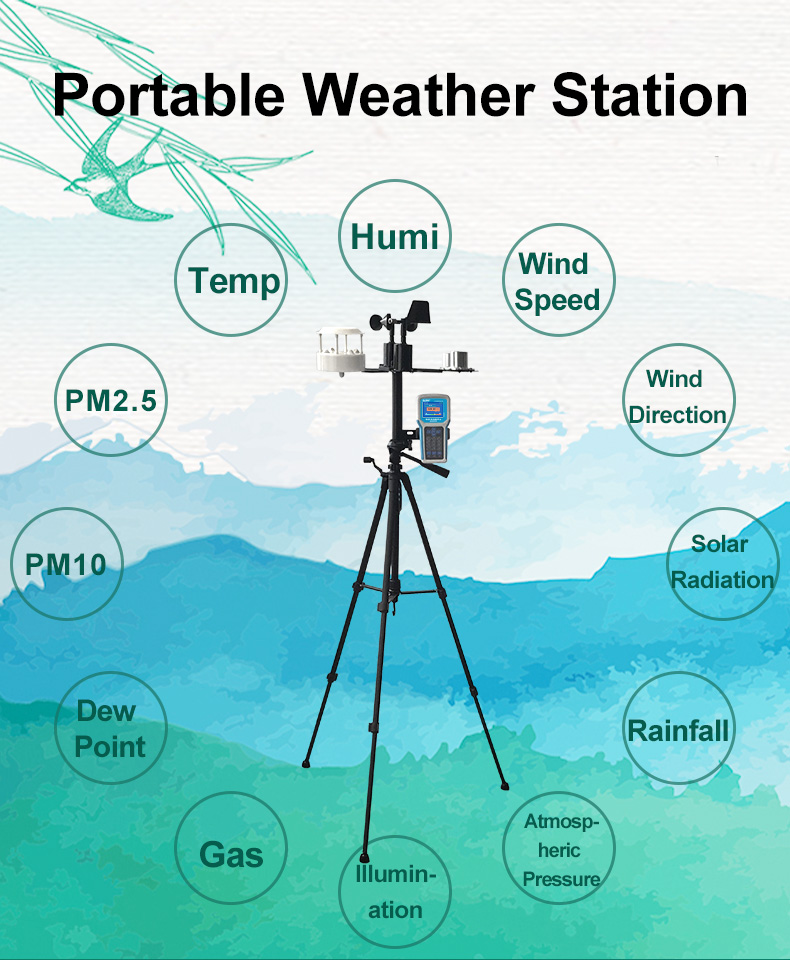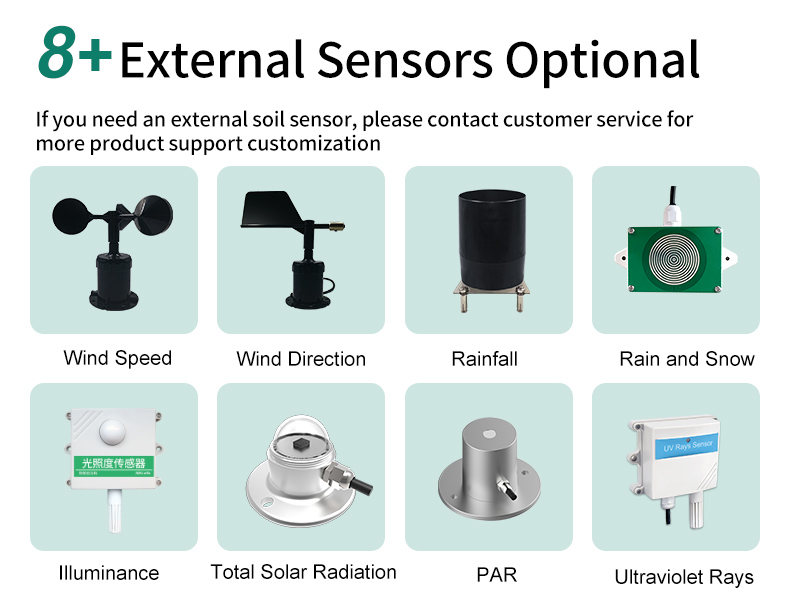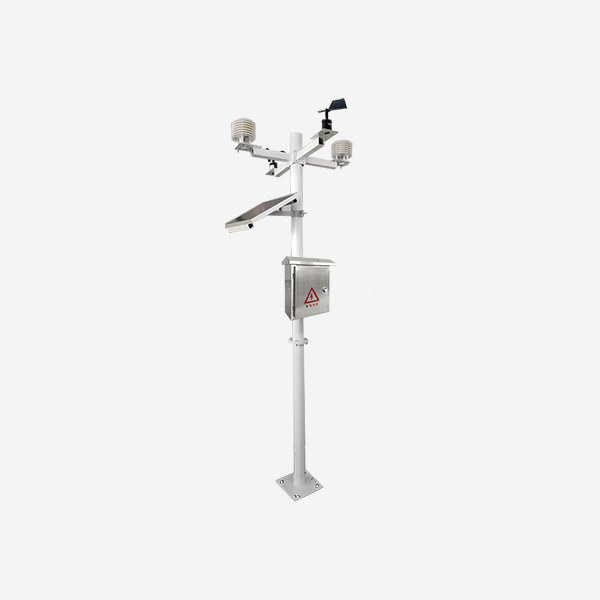Learn about wireless weather stations
In recent years, wireless weather station have become an intelligent solution for accurately and effectively monitoring weather conditions. These devices use sensors to collect data on temperature, humidity, wind speed, rainfall, and other weather parameters, providing valuable information for a variety of applications.

A wireless weather station is an electronic device that uses sensors to measure weather parameters and transmit data wirelessly to a computer program or mobile app. These devices can be placed indoors or outdoors and are battery-powered, making them portable and easy to install. Wireless weather stations can be used for a range of applications, from home weather monitoring to agricultural production and scientific research.
Advantages of using a wireless weather station
One of the most significant advantages of using a wireless weather station is their ability to provide real-time weather data. By collecting data on temperature, humidity, wind speed, and other weather parameters, wireless weather stations can provide up-to-date information on weather conditions, allowing users to make informed decisions based on current weather patterns. For example, farmers can use this information to plan their irrigation practices, while homeowners can adjust their thermostats based on the current temperature and humidity levels.

In addition, wireless weather station can connect to the Internet, users access weather data from anywhere in the world. By using computer programs, users can view real-time weather data, track weather patterns, and receive alerts of severe weather events. This connectivity also enables users to share weather data with others, allowing for collaborative weather monitoring and analysis.
Another significant benefit of using wireless weather stations is their ability to provide accurate weather data. By using high-quality sensors, these devices can provide reliable data on parameters such as temperature, humidity, wind speed, and more. This accuracy is essential for a range of applications, from scientific research to weather forecasting.
In conclusion, wireless weather stations are a smart solution for accurate weather monitoring. They provide data on parameters such as temperature, humidity, wind speed, rainfall, allowing users to make informed decisions based on weather patterns. We use wireless weather stations from home for weather monitoring in agricultural production. In the face of climate change and challenges, wireless weather stations ensure our personal safety.
